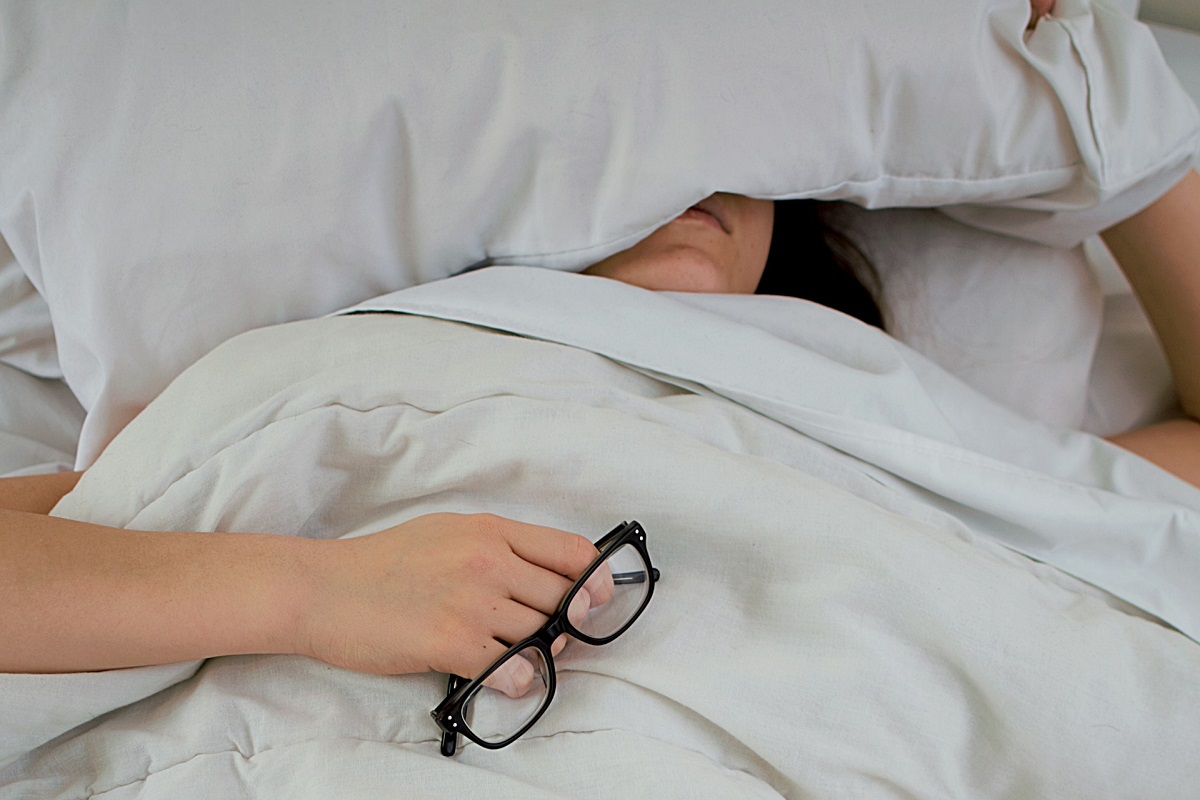
Sleep is one of the most important tonics for the body. It not only helps us physically but emotionally and mentally as well.
Why is sleep so important?
Repair & Renewal
It is the time for our bodies to renew and repair from the daily stresses. Think of it as a restart button on your computer – it lets your body and mind recover and prepare you for the next morning.
Stress Management/Emotional Control
Our stress hormone called cortisol has an in-built body clock and it is naturally raised in the morning and is blunted at night. Having a consistent pattern of a good night’s sleep can help regulate these levels of cortisol. When they are thrown out of balance they can affect our mood and emotional control. I am sure you are familiar with the phrase “I am cranky because I didn’t sleep enough”. Lack of sleep can increase anxiety and nervousness.
Weight Management
Good sleep plays a role in weight management. Several studies provide evidence to show that regular sleep deprivation can lead to weight gain as it can increase the appetite-stimulating hormone Ghrelin and reduce the satiety hormone called Leptin. It is no surprise that people who frequently wake up without sufficient sleep feel hungry during the day and crave energy-dense foods with high carbohydrate content and low nutritional quality, such as sweets, salty snacks and starchy food.
Memory Recall
Lack of sleep can affect a part of the brain called the frontal lobe. It is an area of the brain that is involved in memory retrieval and cognitive function. Many people complain that they cannot find their keys, or remember that person’s name when they are sleep-deprived. When you prioritise sleep, you're enhancing your brain's ability to tackle problems and make clearer decisions.
Blood Sugar Balance
Poor sleep can wreak havoc on our blood glucose levels and make our bodies become more insulin-resistant. This in turn, can affect many systems of the body including our hormonal balance. Decreased insulin sensitivity can also lead to fat storage as our insulin is not being taken up by the cells of the body and any excess insulin is stored as fat.
Digestion
Sleep can affect digestion due to the increase in cortisol which can cause increased permeability, whereby food and toxins can pass through the digestive track and into the bloodstream. This can cause a host of of symptoms including bloating and constipation. People with IBS will aggravate their symptoms if they are not sleeping well.
Immunity
Lack of sleep over a period of time can reduce white blood cell count leading to an increased risk of infections and lowered immunity.
10 Tips for ensuring proper sleep
1. Consistency
We are creatures of habit and our bodies love consistency. We should be going to sleep and waking up around the same time every day with a small window for flexibility.
2. Ensure sufficient hours of sleep
The general research suggests a minimum of 7.5 hours – however, this needs to be personalised to yourself. Some people need at least 8 hours, whilst others are fine on 6.5 hours. As long as you feel rested and energised – that is the most important factor. Aim to sleep for the same duration every night.
3. Room environment
Ensure the room is quiet with no light glaring. We sleep best in a dark room. If needed, purchase an eye mask. It helps many clients.
4. Limit the use of technology
Computers and phones emit blue light. Studies indicate that regular exposure to such devices in the evening can affect the sleep cycle as our body doesn't release as much melatonin, the hormone that induces sleep. Instead, it increases our stress hormone cortisol and in the evening our habits should reduce cortisol levels.
5. Limit alcohol and caffeine
These are well-known sleep disruptors but individually we respond differently. Alcohol can disturb the stage of sleep known as Rapid Eye Movement (REM). REM is believed to play a key role in cognitive functions like memory and is known for capturing vivid dreams, even if we do not remember them. It occurs around 90 minutes after falling asleep. Caffeine, on the other hand, is a stimulant and can thus make it difficult for the brain to wind down. Its effects can last up to 6-7 hours in some people. It is best to avoid caffeine, especially coffee after midday.
6. Lavender Spray
Use a lavender pillow spray. Lavender is a wonderful aromatherapy herb that promotes relaxation and helps our bodies produce melatonin. It can be a great tool for supporting sleep.
7. Exercise
Exercising during the day can help prepare the body for a good night’s rest. However, the timing is important. Studies suggest that exercise, especially resistance training or intense interval training is best avoided 4 hours or earlier before sleep. Exercising in the evening can increase the body’s stress levels, working inversely with the body’s natural clock.
8. Meditation Apps
If you are in bed and are tossing and turning with an overactive mind, try listening to a meditation music app. There are many available on Spotify or Headspace. It is something that works wonders for me and within 15-20 minutes I usually drift off. The soothing sound of a meditation app helps stop the overactive mind and it works on the parasympathetic system of the brain that controls our rest state.
9. Herbal Teas
Drinking calming teas such as Chamomile tea is a well-known and practised remedy for insomnia and is suggested to promote sleep. It signals your body that it is time to wind down and rest.
10. Magnesium
Magnesium is ‘nature’s tranquiliser’. It is depleted during stress and it calms anxiety. Many people have found success in having magnesium on their bedside table and taking a pill before bedtime.
If you would like further information on managing your bedtime routine and sleep cycle or your IBS issues, CLICK HERE to book a free discovery call.

